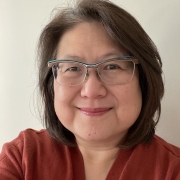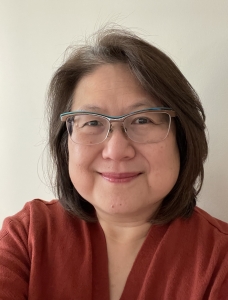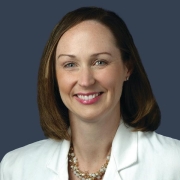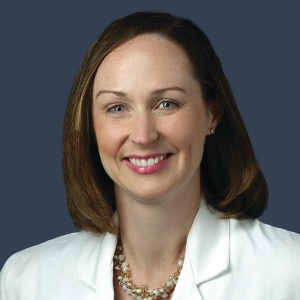Staff Profile: Shari Goldston, MBA
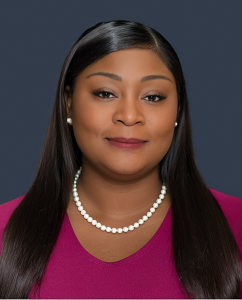
Shari Goldston, MBA
Shari Goldston, MBA, says the best part of her job is getting to see the growth in GME learners – from the time they arrive until they move on or even become attendings at MedStar Health.
“Watching them come in as interns and they’re nervous. Everybody’s had that experience, right? When you start your first new job, and you want to do such a good job that you make yourself nervous. Then, to see them six months later, and they’re confident and they know what they have to do…Watching them go through that process is amazing.”
Shari has been in healthcare administration for 24 years and, except for a brief stint at another local hospital, has worked for MedStar Health in various roles since 2006.
The fact that Shari left MedStar Health only to come back a few years later, she says, is a testament to just how much she loves it here. “I love everything about MedStar. I left and came back, so that definitely tells you something.”
In her current role as Associate Director for MedStar Health GME, Shari manages the Finance Hub for the MedStar Health GME Consortium, which means she’s responsible for all things related to the consortium’s finances – for instance, billing, legal documentation and affiliation agreements, management of Medicare dollars, and the scheduling of rotators to work at each facility.
Integral to her success at MedStar Health has been her ability to network with different teams and other departments and realizing that people are there to help one another. “You don’t have to know it all. Asking for help from someone else helps you build relationships, and it helps you to connect and navigate the system better,” she explained.
Shari is excited to see how MedStar Health innovates and changes medicine for the better in the coming years. “I predict that we will continue to be innovative in research. I think technology is going to help us in more ways than we know. To work with the physicians that are learning those new innovative things right now, it’s exciting, and I can’t wait to see where we go.”
Shari’s enthusiasm for the unknown might explain her love of Halloween and mystery and thriller novels, too. Shari is such a fan of her favorite author, Stephen King, in fact, that some of her collection is even autographed and displayed in special cases. “It’s so much fun. Sitting on the edge of the couch…I’m like, oh my God, what’s going to happen next?”


